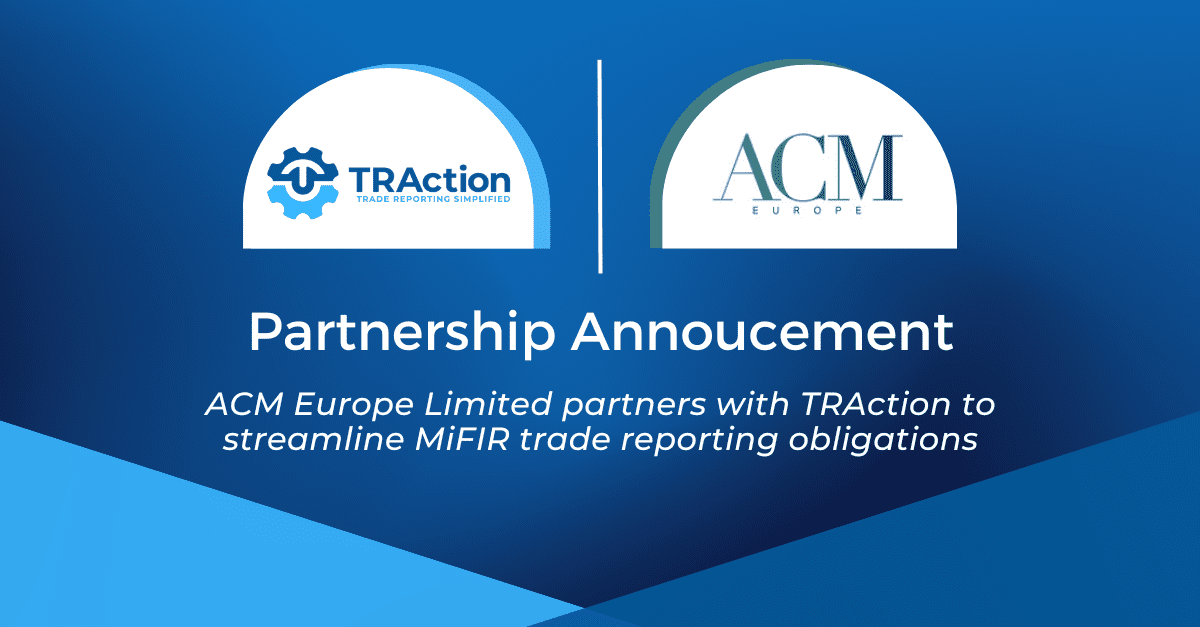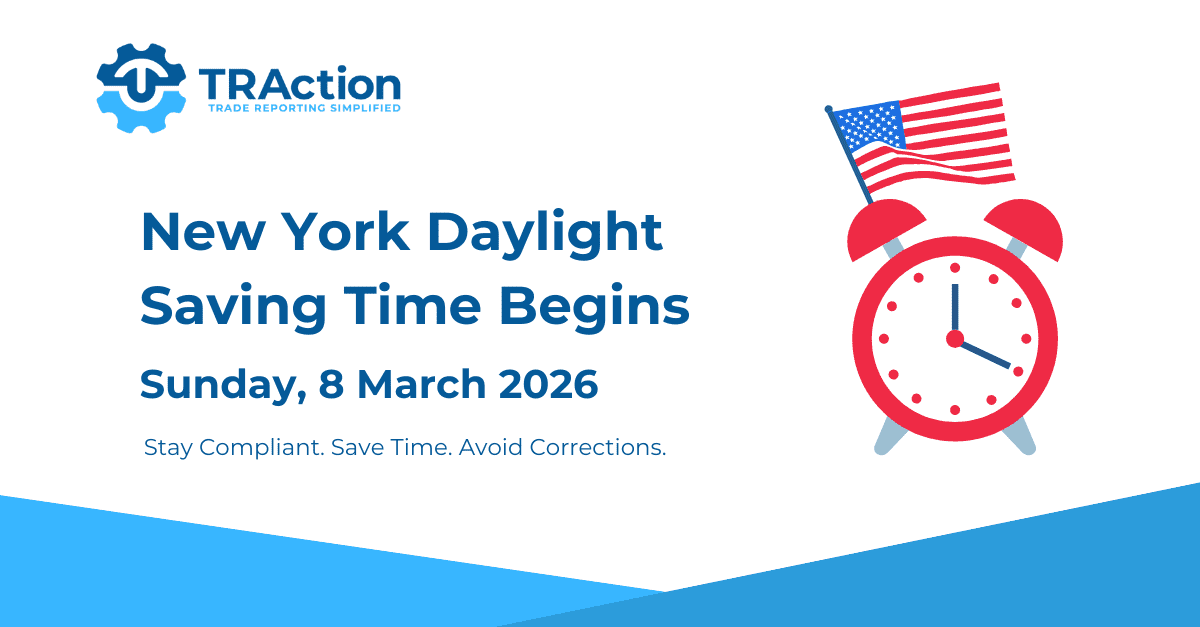Function Provided by FX Brokers
Globally there are a host of foreign exchange brokers which allow their customers to move currency to and from different countries. These companies are subject to different requirements based on the jurisdiction where they are based and the role they play in the market.
Reportability of different FX Contract Types
The complexity for this sector occurs when any over-the-counter (OTC) derivatives contracts are used for a wide range of reasons, an example would be hedging risk. Many providers will use FX forwards, options or swaps which are designated as OTC derivatives. As a result, they are likely to incur the requirement to report these transactions to the appropriate regulator. However, the core of the foreign payment industry relies on placing spot FX transactions into the market which broadly are non-reportable.
The FCA has stated in Market watch 74
“Spot FX instruments
We have identified trading venues submitting instrument reference data for spot FX instruments. Spot FX is not a financial instrument under the UK MiFID framework. The submission of reference data for spot FX instruments can therefore mislead investment firms as to the scope of their reporting obligations. This includes where they are traded as part of a complex trade or strategy. Trading venues should ensure reference data is not submitted to us for instruments that are not MiFID financial instruments.”
Below we examine some of the main reporting regimes and how FX payment types are captured.
MiFiR Reportability
FX forwards are not reportable if they meet all of the following conditions:
- The contract is not traded on a trading venue
- At least one of the parties to the transaction is a non-financial counterparty
- The forward is deliverable and physically settled
- The purpose of the contract is to facilitate payment for identifiable goods, services or direct investment
In contrast, financial hedging instruments such as non-deliverable FX forwards, options and swaps are reportable regulated products under MiFID. In these circumstances FX brokers have a responsibility to stay up to date with the latest rules and regulations to ensure compliance with the latest rules.
EMIR Reportability
EMIR requires that counterparties report details of any derivative contract they have concluded, modified or terminated. Action by an FX payment provider which involves the use of FX forwards, options or swaps (being considered derivatives) will trigger the responsibility to report their leg of the transaction as they either must be settled in cash or may be settled in cash at the option of one of the parties. As Spot FX is settled within two days and includes a delivery of funds to the counterparty, it is considered non-reportable.
ASIC Reportability
Under ASIC, spot FX transaction are not reportable, however any OTC derivatives of spot FX will be. This means any FX forwards used by FX brokers need to be reported by the company themselves or outsources to a third-party provider such as TRAction.
Please contact us if you would like to know more about the reportability of FX payments across jurisdictions.




